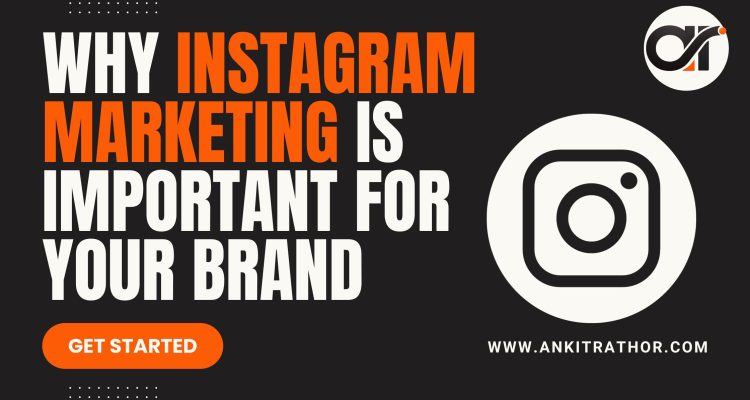
Table of Contents
ToggleWhat is influencer marketing?
Influencer marketing is a type of marketing that involves partnering with individuals who have a large following on social media, blogs, or other online platforms to promote a product or service. These individuals, known as “influencers,” have built up a loyal and engaged audience that looks to them for advice and guidance on various topics.
Through influencer marketing, a brand or company can leverage the influencer’s audience to reach a larger audience and drive more sales or engagement for their product or service. This is often done by compensating the influencer for their promotion, either through payment or through free products or services.
Influencer marketing can take many different forms, including sponsored social media posts, product reviews, blog posts, and more. The key is to find an influencer who aligns with the brand’s values and target audience, and to create content that feels authentic and genuine to the influencer’s followers.
In recent years, influencer marketing has become increasingly popular, as social media platforms have allowed individuals to build large and engaged audiences that can be leveraged by brands to reach new customers and build brand awareness.
How does influencer marketing work?
Influencer marketing works by partnering with individuals who have a large following on social media, blogs, or other online platforms to promote a product or service. Here are the basic steps involved in influencer marketing:
- Identify relevant influencers: The first step is to identify influencers who are relevant to the brand’s target audience and have a significant following on social media or other online platforms. This may involve researching and analyzing the influencer’s audience demographics, engagement rates, and content to determine if they are a good fit for the brand.
- Outreach to influencers: Once relevant influencers have been identified, the brand will typically reach out to them with an offer to collaborate on a campaign. This may involve pitching the brand’s product or service and offering compensation, such as payment or free products.
- Content creation: After the influencer agrees to the collaboration, they will typically create content that features the brand’s product or service. This content may take various forms, such as sponsored social media posts, blog posts, or videos.
- Promotion: Once the content has been created, the influencer will promote it to their followers on social media or other online platforms. This may involve using branded hashtags, tagging the brand’s social media account, or including a swipe-up link to the brand’s website.
- Measurement and analysis: The success of the influencer marketing campaign is often measured by metrics such as engagement rates, click-through rates, and conversions. This allows the brand to determine the ROI of the campaign and make adjustments for future campaigns.
Overall, influencer marketing can be a highly effective way to reach a new audience and build brand awareness, but it requires careful planning and execution to ensure that the campaign resonates with the influencer’s audience and achieves the brand’s goals.


